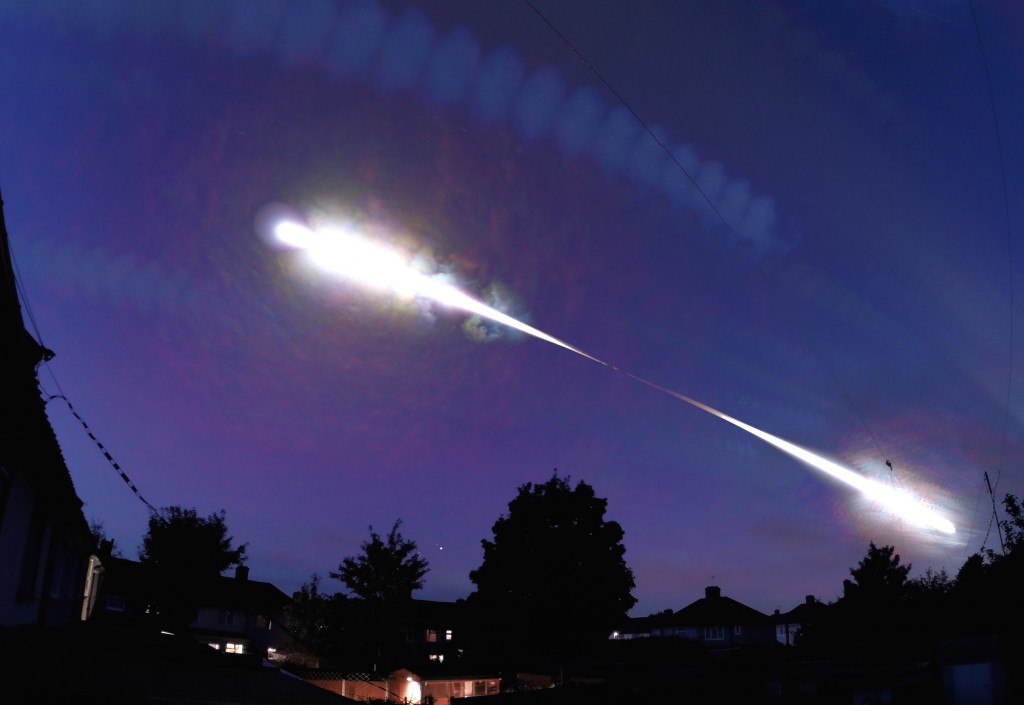DG asks “How dirty is your mug?”
I think mine is a good 7 on his scale. I also think my lab desk probably rates highly too.
DG asks “How dirty is your mug?”
I think mine is a good 7 on his scale. I also think my lab desk probably rates highly too.
The artist Yanko Tihov has created this map of London diversity made from passport covers. The PDF with keys is here
The details for Barking and Dagenham (as given) are
1. Nigeria
2. India
3. Philippines
From personal experience, I’d have expected Irish and Polish to feature higher.
I do like a good eclipse, but not enough to be awake at 3am to photograph it. So, I set up a camera to take one picture every 30 seconds, pointed it roughly where I expected the moon to be at the time of maximum eclipse and set it recording.
Stacking the images with StarStaX produced this rather different view of the eclipse.

Using the same photographs I produced a video of the eclipse too. It starts dark until the moon moves into shot, then the moon fades out nicely, you can see the shadow of the Earth moving down the face of the moon, and then the moon reappearing.
Gone to do Dublin to present work of great importance STOP
Back this evening STOP
Day visits to conferences are a silly idea STOP
I watched the meteor shower from the field at the Secret Nuclear Bunker where a group of us were camped doing radio stuff including bouncing signals off the ionized gas trail left by burned up meteors (meteor scatter).
I captured this time-lapse video which does include a few meteors as well as a pass by the ISS. The bright blob moving in from the left is the moon.
The circular trails are the stars moving across the sky around the pole star (not quite in frame)